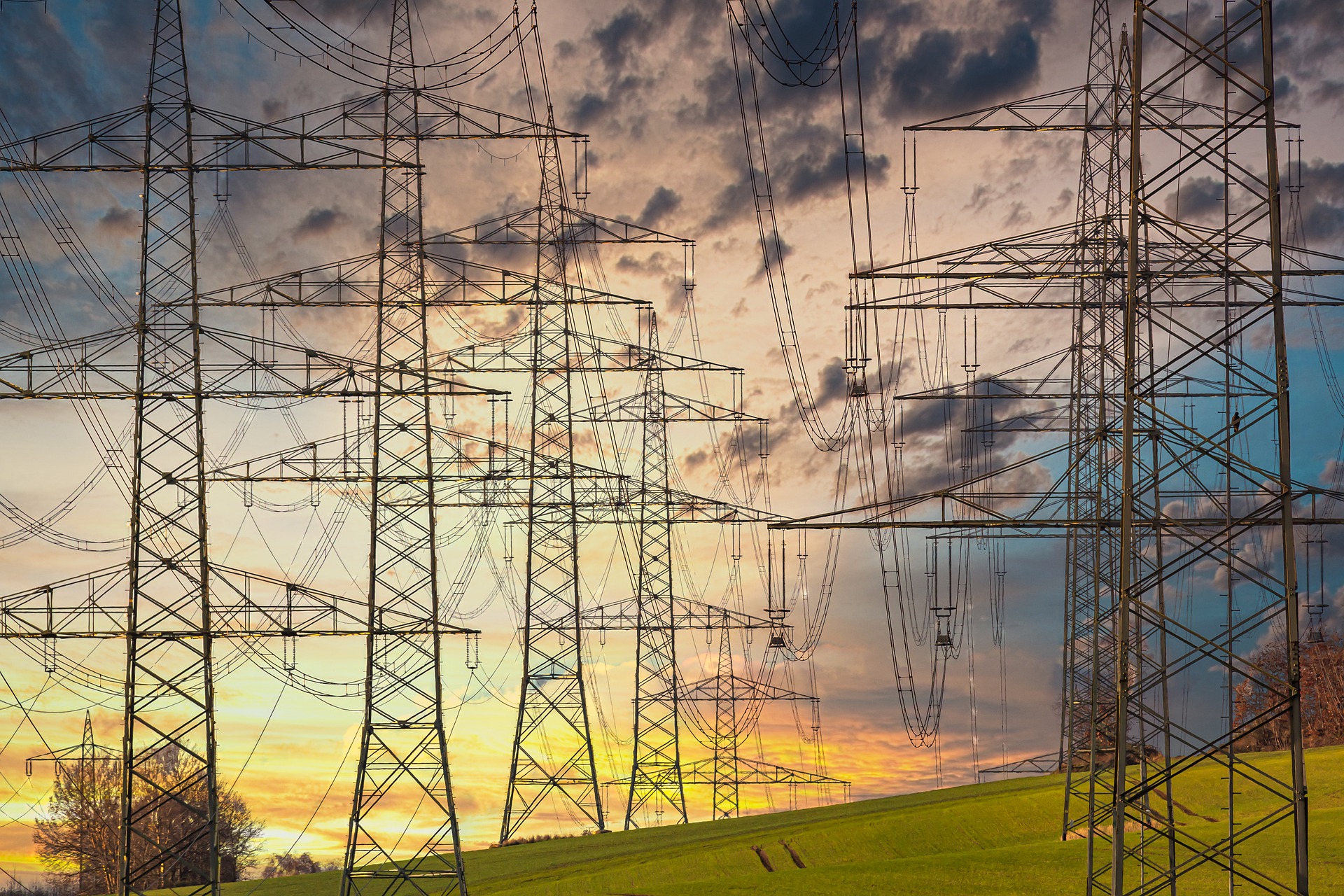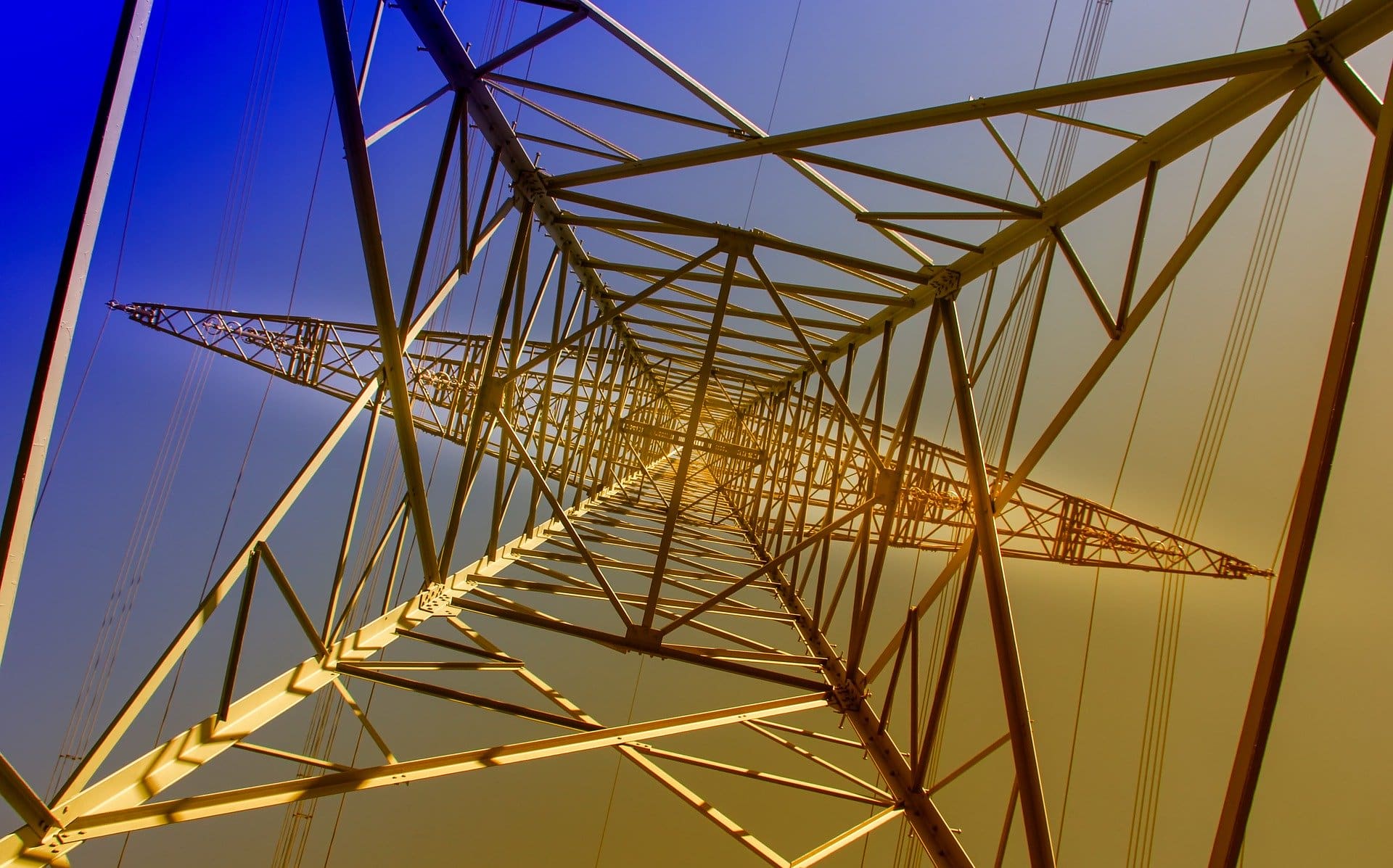Countries across the world should chase sustainable recovery from the coronavirus pandemic as a way to create jobs and boost economies, this will also reduce greenhouse gas emissions.
The International Energy Agency (IEA) has highlighted a number of key areas that nations all over the world should be targeting within the next three years, as a way to pursue a sustainable recovery. These measures include $3 billion (£2.4 billion) worth of policy actions and investments, or 0.7% of today’s global GDP, coming from both private and public funding.
Each year, this would lead to a global economic growth rate of 1.1%, it will also create and or save nine million jobs.
The IEA has produced a special report on sustainable recovery by working with the International Monetary Fund. This report also explains how the investment could reduce global energy-related greenhouse gas emissions of 4.5 billion tonnes by the year 2024.
Dr Fatih Birol, executive director at the IEA, said: “Governments have a once-in-a-lifetime opportunity to reboot their economies and bring a wave of new employment opportunities while accelerating the shift to a more resilient and cleaner energy future.”
“Policy makers are having to make hugely consequential decisions in a very short space of time as they draw up stimulus packages. Our Sustainable Recovery Plan provides them with rigorous analysis and clear advice on how to tackle today’s major economic, energy and climate challenges at the same time. The plan is not intended to tell governments what they must do. It seeks to show them what they can do.”
Across the world, there are an estimated 40 million people who are directly employed by the energy industry. Unfortunately, three million jobs have either been lost or are at risk due to the coronavirus crisis. Furthermore, there’s an additional 3 million at risk in related sectors too, these include buildings, industry and vehicles.
Policy changes for electricity, buildings, fuels, industry, transport and emerging low-carbon technologies are covered in the Sustainable Recovery report, which suggests that jobs can be saved and even created by targeting energy efficiency, low-carbon transport and retrofitting.
Further investment is a key focus within the report, alongside job creation. Particularly, a 40% investment increase in electricity transmission grids. These are the “backbone of secure and reliable power systems.” Doubling down on investment in this area would improve these energy systems’ resilience, in addition to driving a broader switch to renewable fuel sources.
This call for further investment comes on the back of a separate report, also by the IEA, which suggests COVID-19 would lead to a 20% decline in investment in the global energy sector.
A policy with a strong framework, which puts renewables at its core, will be of utmost importance to kickstart growth in the years to come. Clean energy must also play a vital role in driving lower carbon emissions, another area which the report focuses on.
Dr Birol goes on to say: “This report lays out the data and analysis showing that a cleaner, fairer and more secure energy future is within our reach. The Sustainable Recovery Plan would make 2019 the definitive peak in global emissions, putting them on a path towards achieving long-term climate goals.”
“The IEA is mobilising its analytical resources and global convening power to bring together a grand coalition that encompasses government ministers, top energy industry CEOs, major investors and other key players who are ready to pursue a sustainable recovery that will help steer the world onto a more resilient trajectory.”
A number of businesses, charities and energy sector groups have also echoed these calls for a sustainable recovery here in the UK. For this reason, a roundtable discussion on the subject was hosted in the previous week (10 June) by Alok Sharma, secretary of state for business, energy and industrial strategy.





